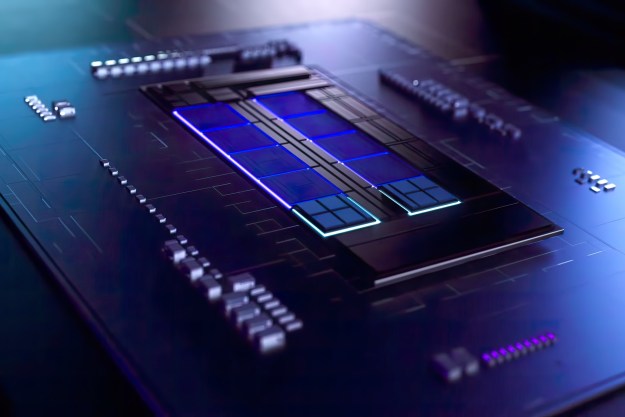Chipmaking giant Intel has officially unveiled ulta-low voltage versions of its 32-nm “Nehalem” Core i3, Core i5, and Core i7 processors, meaning Intel’s premiere line of mainstream processors can now be plugged into power-concious ultra-thin notebook computers. And the new chips not only pack a significant performance improvement—Intel says they’re about a third faster than current ULV offerings—but use about 15 percent less power.
“Consumers crave laptops that offer style and performance, and the new 2010 Intel Core Ultra-Low Voltage processors for ultra-thin laptops delivers both, in one sleek design,” said Intel PC Client Group VP and general manager Mooly Eden, in a statement. “Not only are laptops becoming ultra-portable, but with the new processors inside, users will see faster response times and less waiting.”

Like their bigger brethren, ULV versions of the Intel Core chips will feature Turbo Boost and Hyper-Threading technologies enabling the processors to dynamically overclock themselves and devote resources to a single processor core in order to get work done faster. However, Intel is not converting over its ultra-thin processor offerings over to the Core line entirely: ULV versions of the Celeron and Pentium processors will continue to be available to manufacturers.
The new ULV Intel Core processors should be available in June; Intel says more than 40 designs based on the chips are already in the works from makers like Acer, Lenovo, Asus, and MSI.
Editors' Recommendations
- Nice try, Intel, but AMD 3D V-Cache chips still win
- Intel Core i5 vs. i7: Which CPU is right for you in 2023?
- AMD Ryzen 9 7950X3D vs. Intel Core i9-13900K: only one choice for PC gamers
- Ryzen 7 7700X vs. Intel Core i7-12700K
- Intel accidentally leaks Raptor Lake specs, with one major surprise


